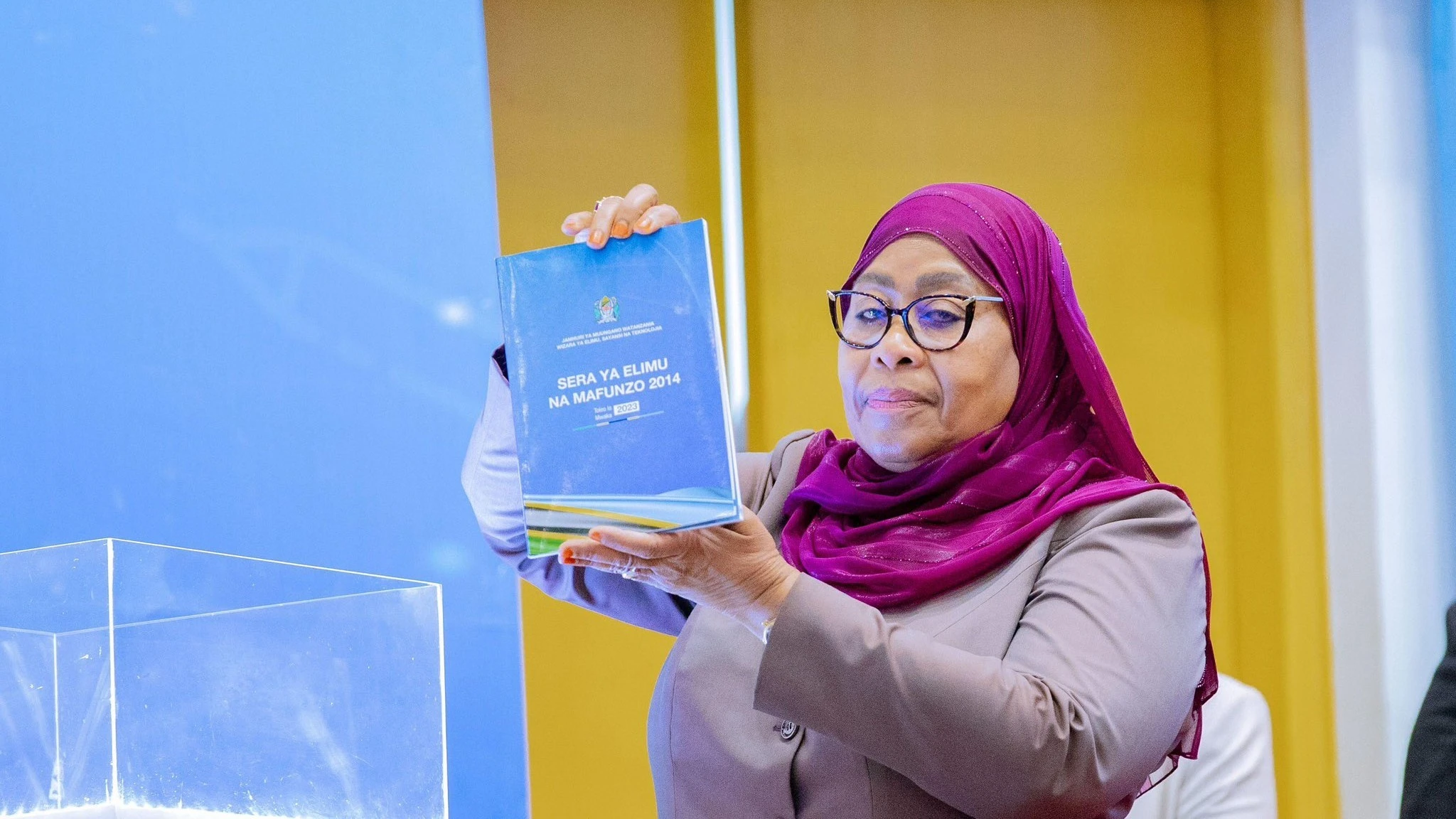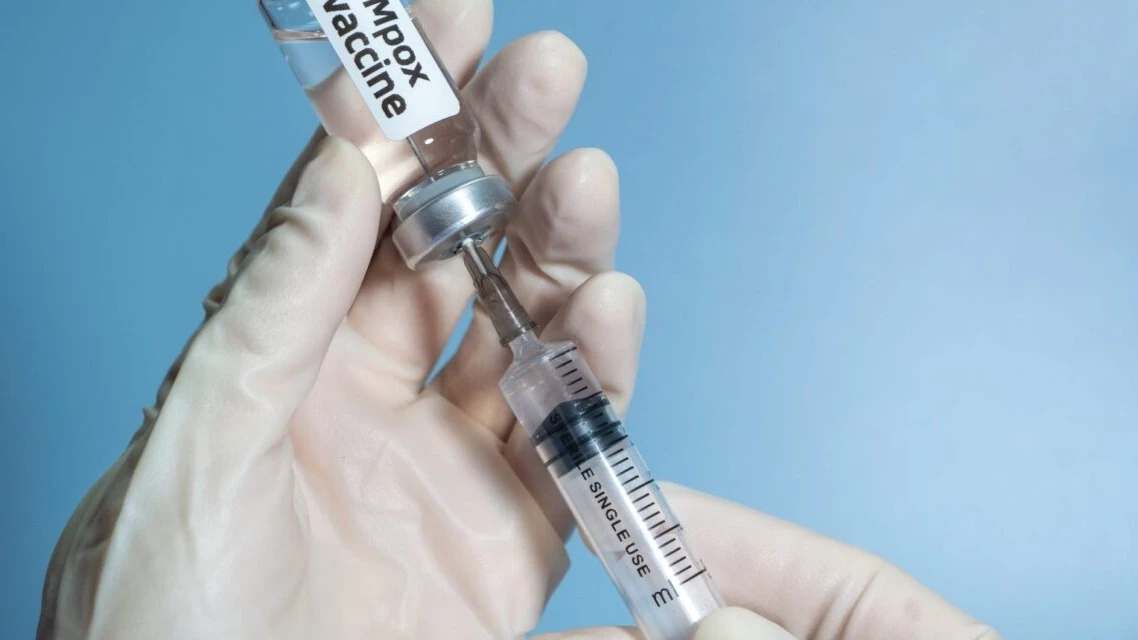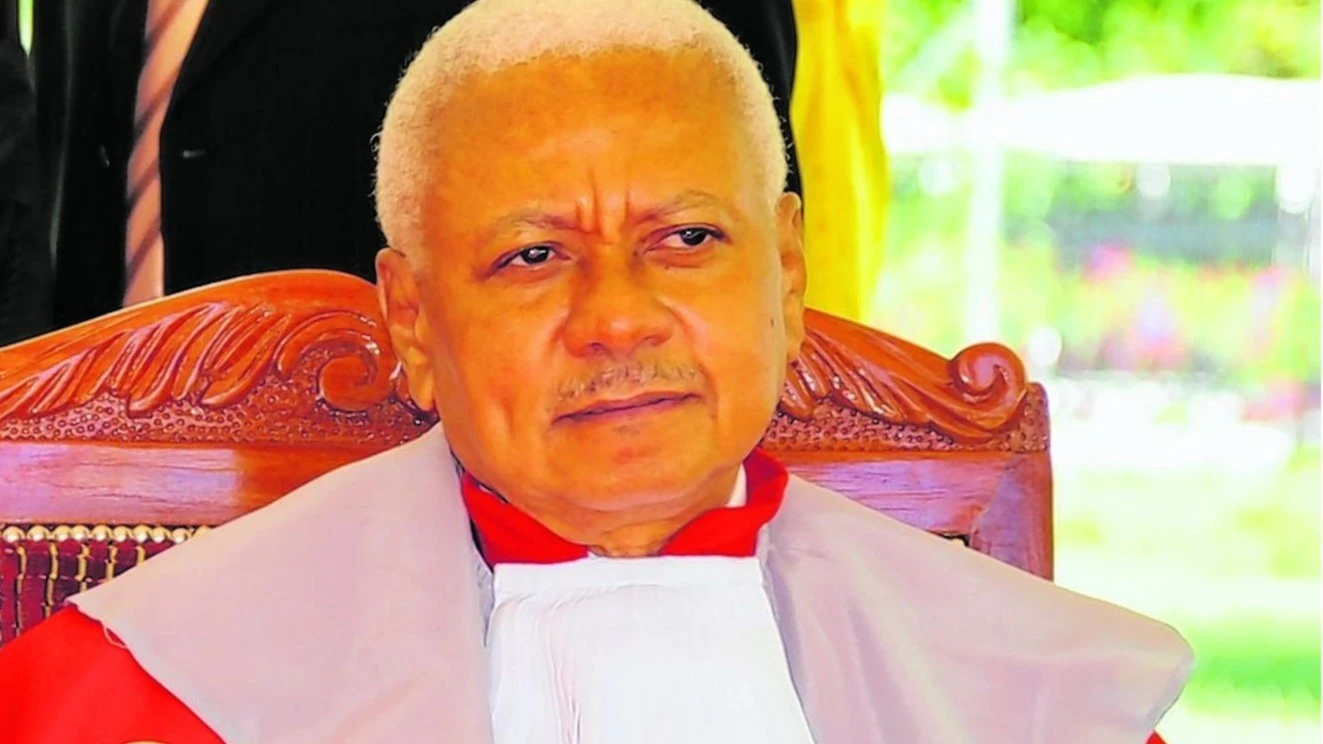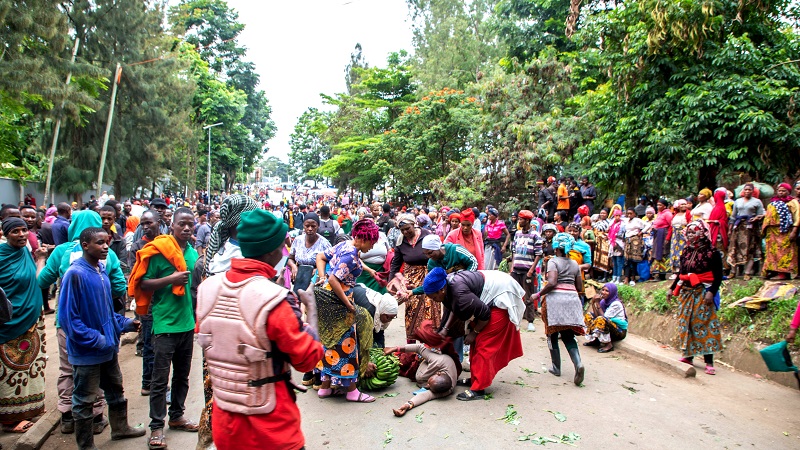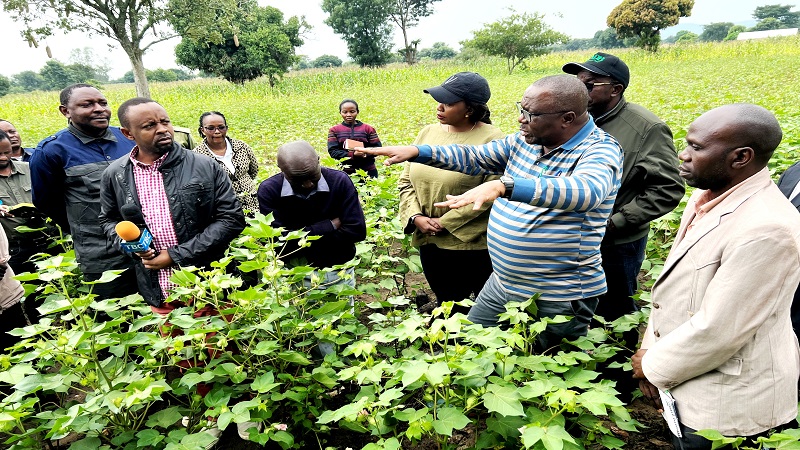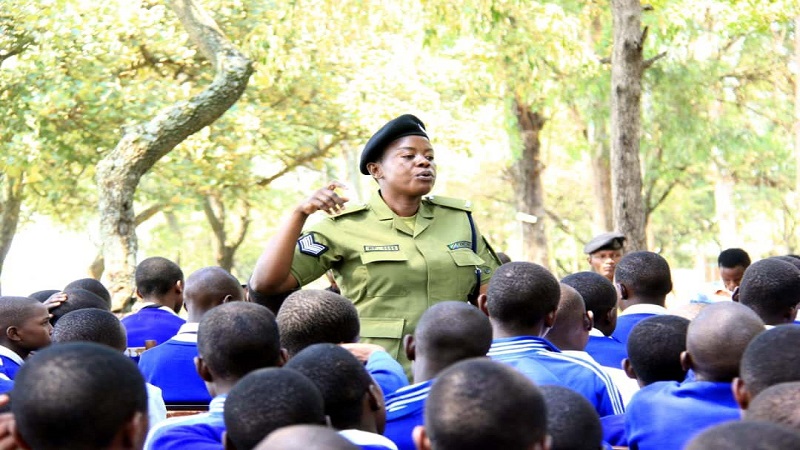Malaria: Tanzania’s priority public health challenge requiring joint action to eradicate
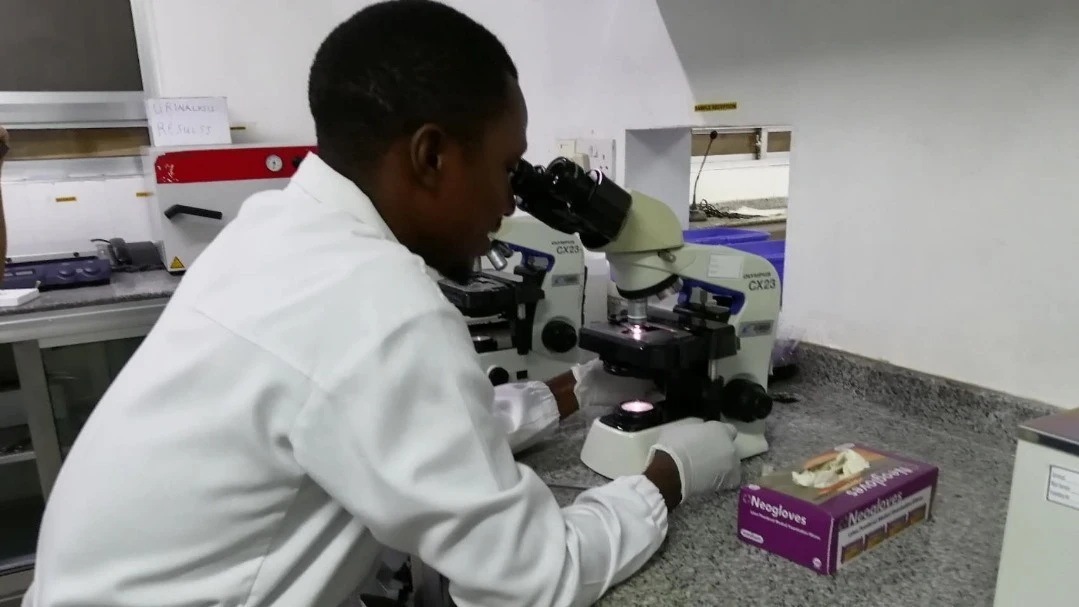
MALARIA remains one of the significant public health challenges in mainland Tanzania, contributing to widespread illness and death, particularly among children under five and pregnant women.
The disease accounts for nearly one-third of outpatient hospital visits, highlighting its substantial impact on public health and the economy.
Despite advances in prevention strategies—such as insecticide-treated nets and indoor residual spraying—timely diagnosis and treatment are critical in reducing the burden of the disease.
In an effort to raise awareness about early diagnosis and treatment, a malaria campaign was held on December 14, 2024, at Kairuki Hospital. The event, supported by Chinese stakeholders, offered health education, free tests, and treatment using Artemisinin-based combination therapies (ACTs).
The initiative demonstrated social responsibility and underscored the Chinese antimalarial team’s commitment to supporting vulnerable groups, particularly the poor.
Accurate testing is crucial
Dr Ramadhan Magero, Kairuki Hospital’s general optician, emphasized that accurate and accessible testing is the cornerstone of effective malaria management.
He noted that out of 30 patients visiting the hospital daily, four to five are diagnosed with malaria. On a larger scale, if the hospital sees about 400 patients per day, 40 to 50 are screened for malaria, with around 10 patients admitted for severe cases.
“Malaria eradication in the country is still a 50/50 situation,” Dr. Magero explained. “We cannot conclusively say that malaria cases are decreasing. Although awareness about malaria symptoms has increased and more people seek early screening, the number of cases remains consistent.”
Treatment guidelines and compliance
Dr Brenda Kinza from Kairuki Hospital highlighted that Tanzania follows standard treatment guidelines issued by the Ministry of Health. The effectiveness of treatment often depends on the level of parasite load in a patient. She stressed the importance of completing the prescribed dosage, noting that many patients stop taking medication prematurely, which undermines treatment effectiveness.
Voices from the community
Fatuma Juma, a resident of Bagamoyo in Coast Region, shared her personal experience with malaria. “This year alone, I was diagnosed with malaria twice. The first time, I took medication, but during my second diagnosis, I couldn’t afford the treatment.
Today, I’m grateful to receive free medication. Next time I am diagnosed, I’ll make sure to use the full course. I encourage other stakeholders to continue offering free medical care to support the government’s goal of achieving zero malaria,” she said.
An anonymous doctor at the event underscored the need for public understanding of malaria’s seriousness. “Self-prescription is a major issue contributing to the persistence of malaria. People should always seek proper diagnosis before taking medication.”
National goals
Despite Tanzania’s commitment to reducing malaria infection rates from 7.5 percent in 2017 to below 3.5 percent by 2025 and ultimately eliminating the disease by 2030, resource constraints pose significant challenges to implementing key malaria interventions.
The government’s continued investment in healthcare services and education is commendable, but sustained efforts are necessary.
Stakeholders’ contribution towards malaria eradication
China’s role in malaria treatment is noteworthy. In the early 1970s, Chinese scientists discovered artemisinin, a highly effective and low-toxicity antimalarial drug derived from Artemisia annua L.
The discovery, inspired by traditional Chinese medicine, was hailed by the World Health Organization (WHO) as the "best hope for malaria treatment," revolutionizing global malaria management.
In 2021, after a 70-year effort that reduced annual malaria cases from 30 million in the 1940s to zero, China was certified malaria-free by WHO.
The collaboration between Tanzania and Chinese stakeholders in the fight against malaria highlights the importance of international cooperation in tackling public health challenges.
Through continued education, testing, and effective treatment strategies, the goal of eradicating malaria in Tanzania remains achievable.
During this year’s World Malaria Day, WHO Regional Director for Africa, Dr Matshidiso Moeti said the selected theme—‘Accelerating the fight against malaria for a more equitable world’ highlights the need to ensure continuous and equitable delivery of malaria services to all who need them despite funding constraints, ensuring adequate coverage of the most vulnerable and at-risk populations with effective interventions.
Top Headlines
© 2025 IPPMEDIA.COM. ALL RIGHTS RESERVED











